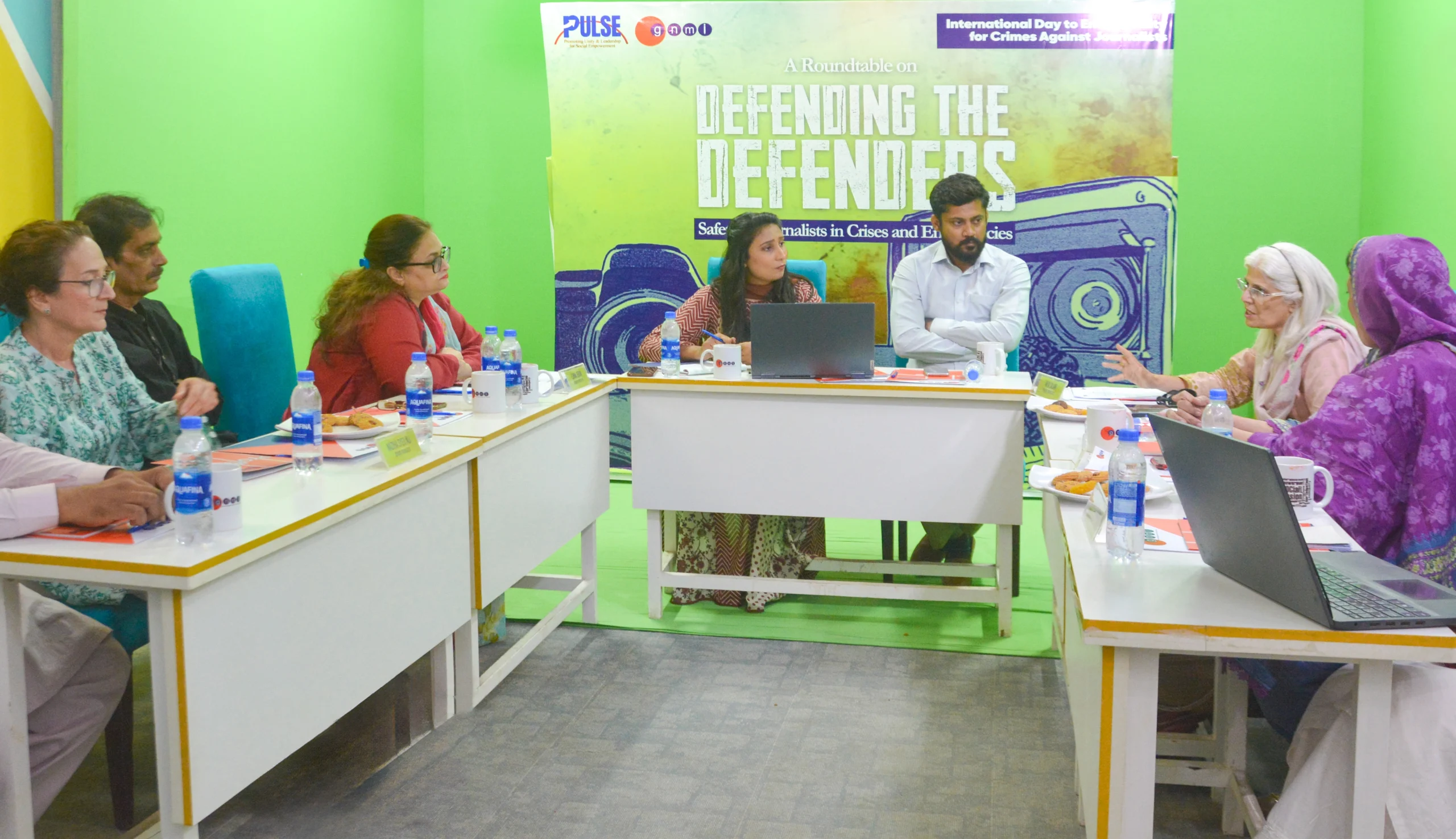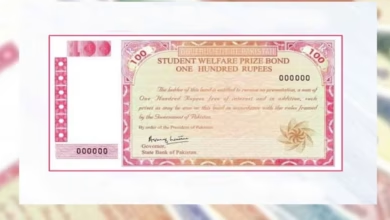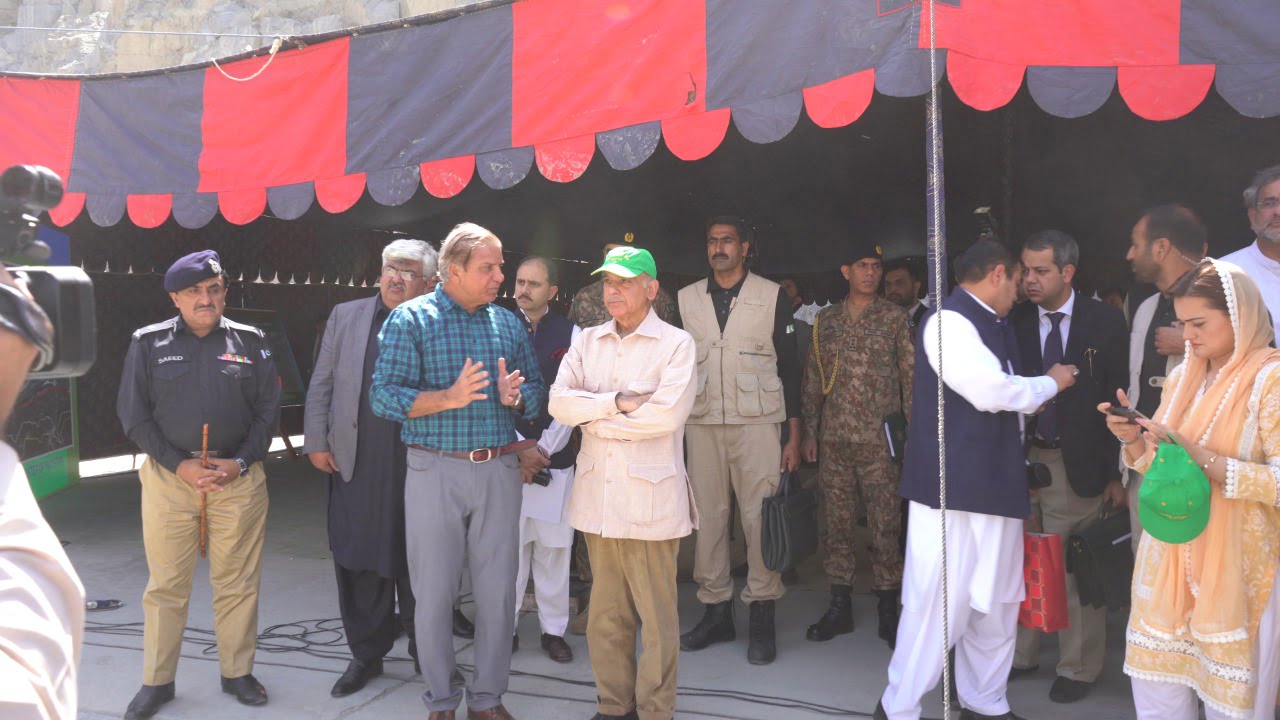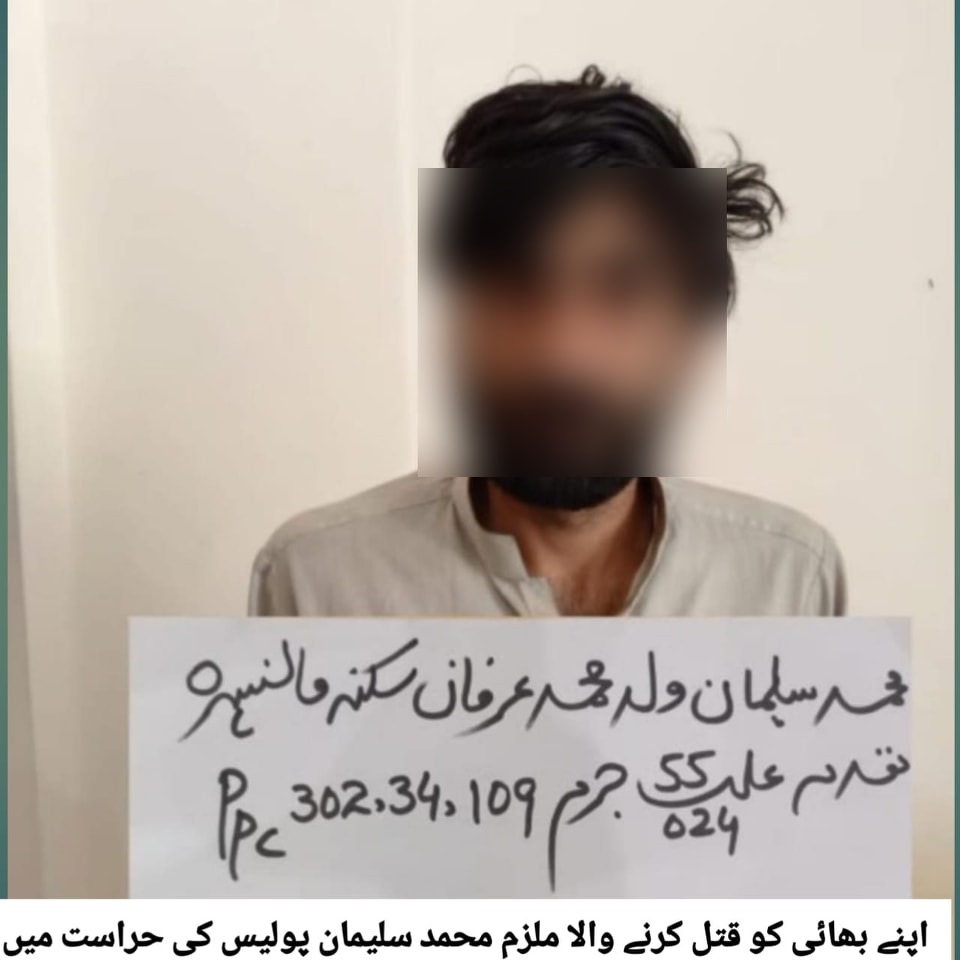Journalists Unite for International Collaboration and a Collective Strategy for the Safety and Protection of Peers in Pakistan

With threats and violence against journalists on the rise, ensuring their safety, especially in crises and emergency, has never been more critical. In Pakistan, increasing rate of harassment against journalists highlights the urgent need for stronger protections. To address these challenges, the Global Neighbourhood for Media Innovation (GNMI), in collaboration with Promoting Unity and Leadership for Social Empowerment (PULSE), organized a roundtable discussion at Media Baithak, Karachi. The event aimed to promote collaboration between Pakistani and international journalists, encouraging shared best practices and dialogue on improving Pakistan’s legislative framework to safeguard journalists.
Najia Ashar, President of GNMI, opened the roundtable discussion by introducing its themes and highlighted Pakistan’s pro-journalists’ legislations and termed it a transformative shift in media freedom. She emphasized the importance of cross-border collaboration between government, civil society organizations, and media to eradicate impunity and promote a safer environment for media practitioners.
Faysal Aziz Khan, Senior Broadcast Journalist and President PULSE, highlighted journalist’s crucial role in sustainable development and human rights. He noted the ongoing threats to journalists, with over 320 imprisoned globally and 90% of journalist murders are unresolved. He underlines PULSE’s dedication to community empowerment through media advocacy and called for enhanced safety protocols and legal support for journalists globally while asserting that ending impunity is a shared responsibility.
Louis Hansen, Director of PULSE and Senior Investigative Journalist at Virginia Center for Investigative Journalism at WHRO, highlighted the importance of global journalist protection, sharing personal experiences of harassment and threats. He called for a united front to advocate for press freedom and emphasized journalists’ shared mission to pursue truth and accountability worldwide.
Afia Salam, Senior Journalist emphasized the severe risks journalists face in Pakistan, where weak enforcement of protection laws often leaves offenders unpunished and called for enhanced training and resources, particularly for those in conflict zones.
Lubna Jerar Naqvi, Gender Coordinator for the International Federation of Journalists (IFJ) in Pakistan, highlighted the critical need for increased public awareness regarding journalists’ safety laws and their rights. She called upon the families of journalists to actively support them in pursuing legal action against perpetrators of violence.
Sheher Bano Awan, Vice President of PFUJ, provided a holistic overview of the data on journalist fatalities, noting that, since 1992, over 50 journalists have been killed in Pakistan, with six killed just this year. She appealed to the lawmakers to onboard journalist bodies while promulgation safety laws.
The event ends with the closing remarks calling for collective actions and increased public awareness for media safety and protection.
Also read: KPRA collects Rs14.84 billion in four months, showing 40% growth





